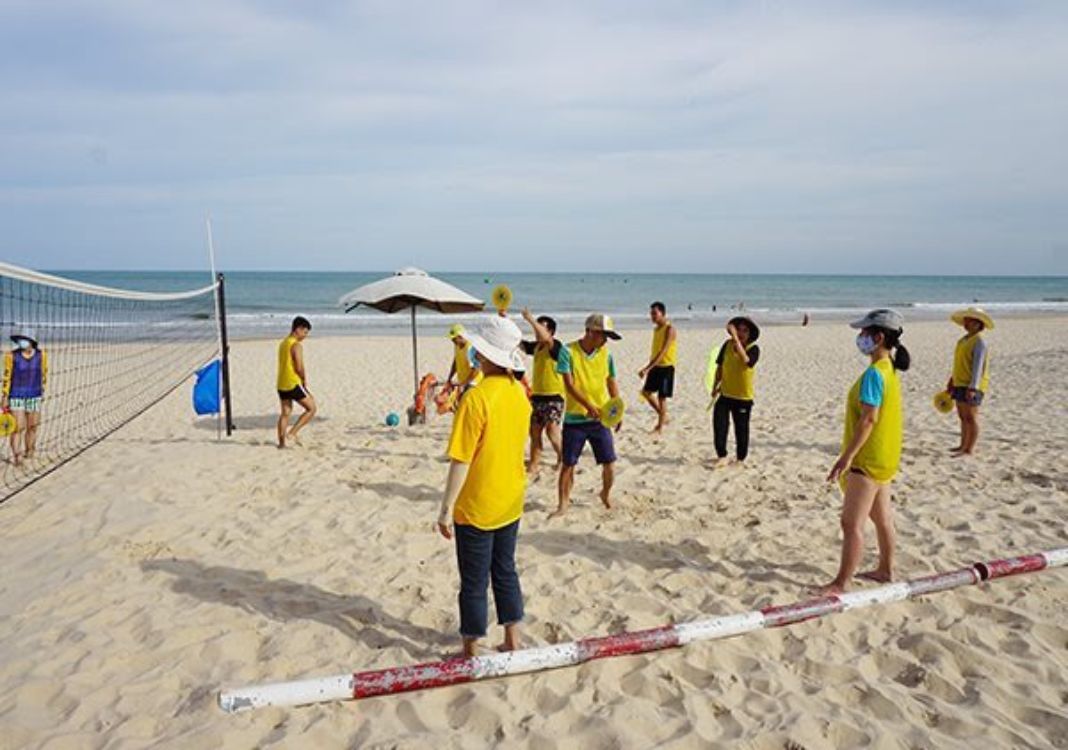HCMC – Over the past eight months, hotel room tariffs have plunged and hotel room occupancy rates have remained low, forcing several hoteliers to divest capital with many financially weak hotels in the local market being put up for sale.
Mauro Gasparotti, director of Savills Hotels Asia Pacific, said that most hotels have been facing losses due to falling room occupancy rates and dropping room tariffs. In August, the room occupancy of luxury hotels reached 14% in HCMC and 24% in Hanoi City.
Between January and August, the average tariff of hotel rooms dropped by 10% year-on-year, affecting the business operations of hotels. The poor performance has left them unable to make payments, leading to a demand for capital divestment.
Many businesspeople said that hotels would find it hard to make profits if their room occupancy rates stood below 50%.
However, “there has not yet been any wave of capital divestment from four- or five-star hotels,” Gasparotti told a seminar which gathered experts, investors and firms active in the real estate sector last week.
Most of the luxury hotels are on a stable financial footing, so they are capable of maintaining their operations to overcome hardships. Besides, some large hotels accumulated an adequate amount to cover all costs during this period, as over the past few years, they had performed well.
However, nothing is impossible, Gasparotti stated, adding that in the coming months, four- or five-star hoteliers might be more open-minded about transferring ownership instead of setting high prices.
Echoing the view, some others opined that in spite of no mass sales of luxury hotels, some have been put up for sale. Many foreigners have also expressed interest in these properties.
Kenneth Atkinson, founder and senior advisor of Grant Thornton Vietnam, said that even though the coronavirus pandemic has forced several hotels to shut down, hotels have kept their prices unchanged at the level seen before the coronavirus outbreak.
Some foreign buyers have shown an interest in this segment, but have yet to take any detailed action due to their concerns over prices and travel restrictions.
Many challenges expected in 2021
The recovery of the hotel market depends on the recovery of the tourism market. However, after one year of much difficulty in 2020, lodging business units are expected to face multiple challenges in 2021.
For the most optimistic scenario, Vietnam will welcome some 10-12 million international tourists in 2021, while the number of domestic tourists is expected to reach 50-60 million, according to Grant Thornton Vietnam.
Statistics from the Vietnam National Administration of Tourism indicated that last year, the country welcomed 18 million international tourists and served 85 million domestic visitors.
Over the past eight months, the number of international tourist arrivals dropped by 66.6% year-on-year, at over 3.77 million. If the country opens its door to international tourists in the fourth quarter of this year, the number of international travelers to Vietnam this year will amount to 4-4.5 million, down 13.5-14 million year-on-year.
“We still expect Vietnam’s tourism sector to recover faster than that of other countries due to the high domestic demand and proximity to many large source markets, noted Gasparotti.
By Dao Loan









